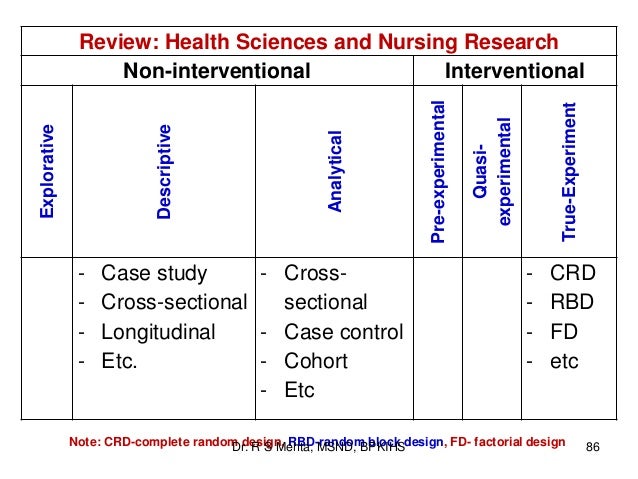
It shows us the risk of developing the disease in individuals with the risk factor compared to those without the risk factor ( RR = relative risk).We conduct this study by comparing two samples from the population: one sample with a risk factor while the other lacks this risk factor.For example – if we want to know the prevalence of migraine in a population, we can conduct a cross-sectional study whereby we take a sample from the population and calculate the number of patients with migraine headaches.It allows us to calculate the frequency of disease ( p revalence) or the frequency of a risk factor.This design is transverse where we take a specific sample at a specific time without any follow-up.Below, I will discuss the most common designs. Observational studies include many subtypes. On the other hand, in experimental studies, we conduct experiments and interventions.

In those studies, we purely observe the outcomes. Observational studies are studies that we conduct without any intervention or experiment.
#Types of research studies series
The most common forms are case reports and case series.Describes specific characteristics in a population of interest.Study designs are the set of methods and procedures used to collect and analyze data in a study.īroadly speaking, there are 2 types of study designs: descriptive studies and analytical studies.


 0 kommentar(er)
0 kommentar(er)
